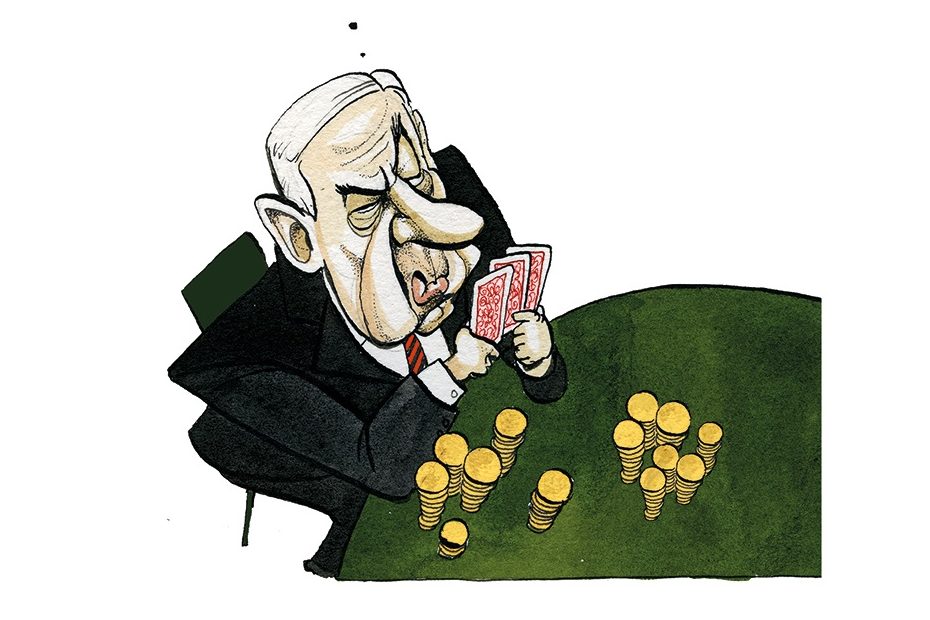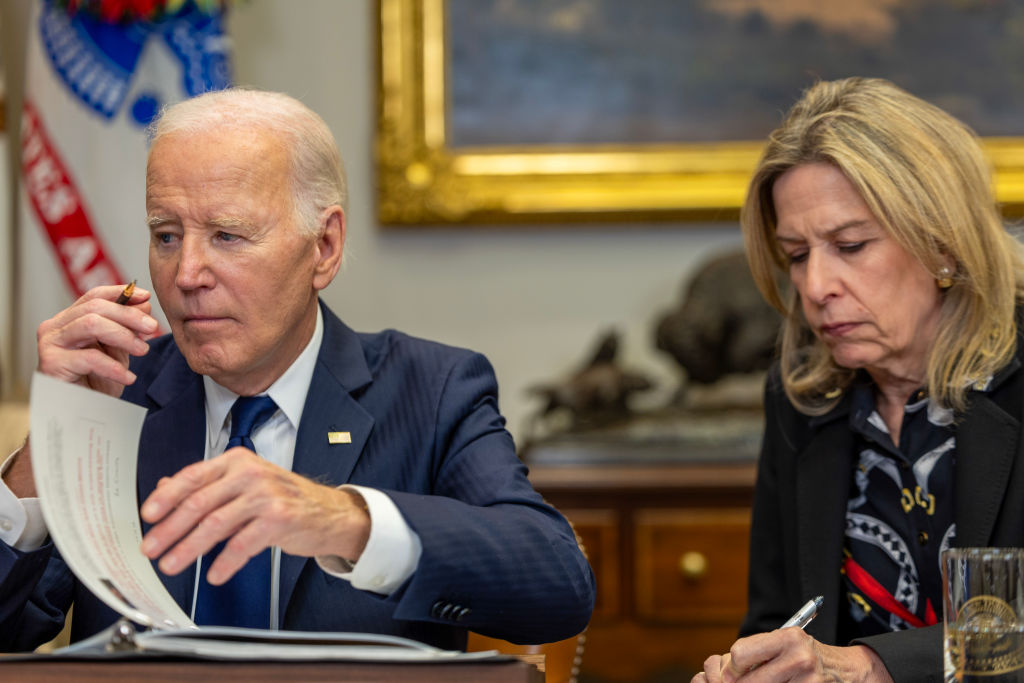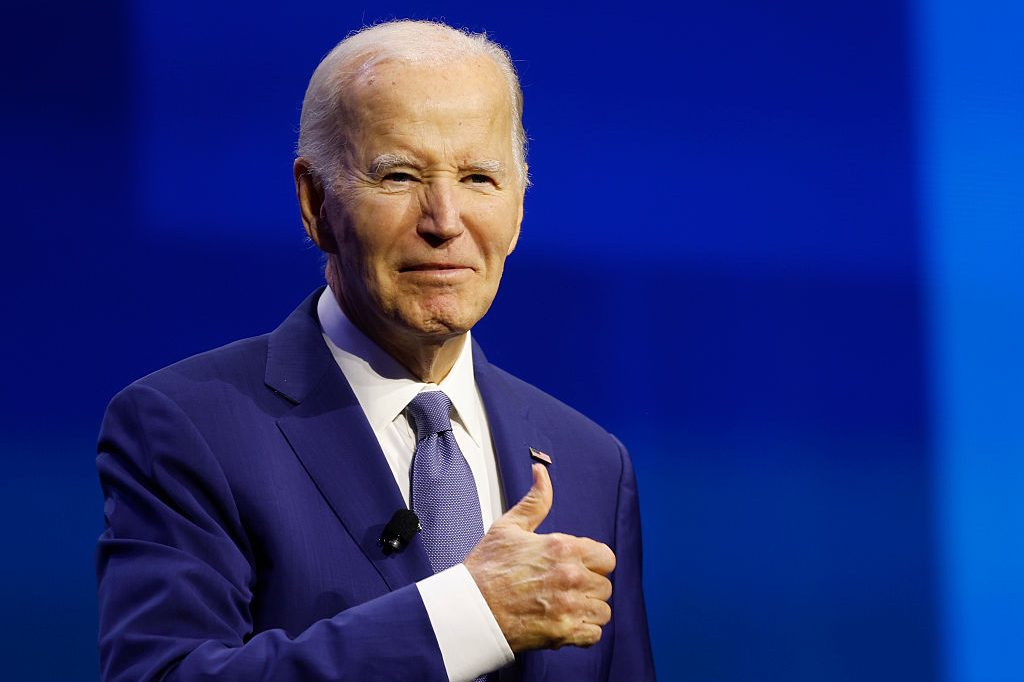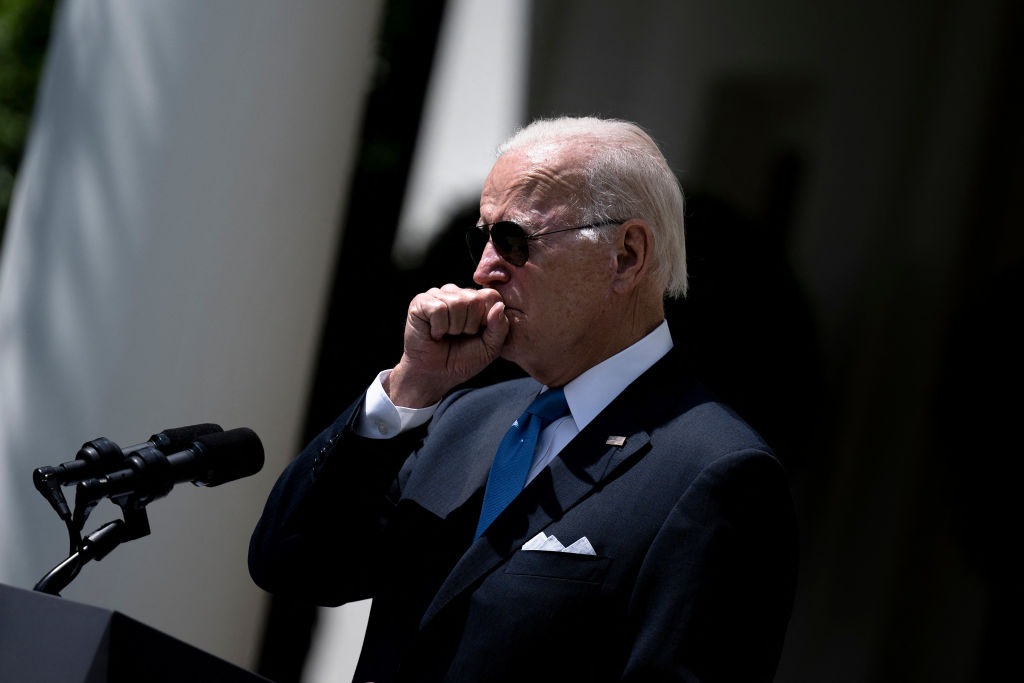Israel’s war with Hamas in Gaza is rapidly evolving into a war with all of Iran’s proxies on its borders, including Islamic Jihad and Hezbollah. Its outcome will determine the country’s future for a generation, perhaps longer. The conflict is not even in its third week, and as I write these words the inevitable ground invasion of Gaza has still not begun, and yet this is already proving to be an epochal episode in the country’s history.
The Hamas terror attack on October 7 not only revealed a conceptual flaw in Israel’s regional strategy, it exposed glaring problems within its celebrated intelligence services and caused the terrible deaths of some 1,400 Israelis. It also shook the self-confidence of Israelis to their core. No more illusions of being a secure and prosperous outpost of the West which could afford short and sharp rounds of warfare with Gaza and then pretend nothing had happened.
Israel needs to rediscover the resourcefulness and determination that have ebbed in recent years
Hamas is not an existential enemy of Israel, that is true. Not even Hamas and Islamic Jihad combined with Hezbollah from the north could outlast Israel’s military might and economic resources. But to win both this war and the aftermath, Israel needs to rediscover the resourcefulness and determination that have ebbed somewhat in recent years under the stagnation and corruption of Benjamin Netanyahu’s long rule.
In ancient Jewish history, the independent kingdoms of the House of David and then of the Hasmoneans failed to survive their eighth decade as they went into terminal decline. Modern Israel is now in the middle of that fateful decade and is being tested. There are positive signs of renewal in recent days. Israelis of all political views, religious inclinations and ways of life, are casting aside the deep differences that almost tore their society apart in recent months and are joining together in reserve units preparing in staging-grounds for the bloody battles of Gaza. Behind the front lines too, communities are getting together to host and tend to the many thousands of families uprooted from their homes, some of them mourning their dead or in fear for the fate of a captive.
So the prospects of renewal look promising. One good thing that has already happened to Israel in this war is that it has made it clear where the country is situated geopolitically. After years of intense courtship between Netanyahu and Vladimir Putin, who even featured back in 2019 on Likud’s election posters, the masks are finally off. Putin, with whom Netanyahu used to boast that he has a “special friendship,” has not only failed to condemn the Hamas atrocities against Israeli civilians; he has likened Gaza’s situation to the siege of Leningrad in World War Two, inferring that Israel in this scenario is Nazi Germany.
Compare that with the way President Biden has rushed to Israel’s aid, sending two carrier groups to the eastern Mediterranean and even flying out to Israel to show solidarity. This is not for Netanyahu, whom he spent most of the last nine months ignoring, but because of his deep and lifelong Zionism. But it wasn’t just Biden. All of a sudden, other western leaders have gone out of their way to extend support to Israel. It’s almost as if Israel, which under Netanyahu was cozying up not merely to Putin but to every illiberal strongman from Jair Bolsonaro to Viktor Orban, as well as promoting tech sales to China, has rediscovered its place in the world. Compare the lists of the countries now supporting Israel, and you will see that they are almost identical to the supporters of Ukrainian and Taiwanese independence. And the reverse is true of their enemies.
Netanyahu himself is still incapable of acknowledging this. His office was not too eager to host Volodymyr Zelensky, who expressed an interest in arriving for a show of solidarity as well; perhaps they were aware of the less than favorable comparisons to the brave Jewish leader of Ukraine. Like so many other politicians, Netanyahu suffers from Churchillian delusions and was once heard to claim that he read all the biographies of the wartime leader. As the prospect of a long war on more than one front looms larger, it is tempting to compare him to Churchill’s predecessor Neville Chamberlain, who was unfit to lead at that fateful moment. But that would be something of an injustice to Chamberlain, who had the decency to resign and make way for a better man.
Even in the wake of the worst calamity to befall Israel in its seventy-five years of existence, Netanyahu is not contemplating resigning once the war is over. Nor has he followed the example of the chief of staff of the Israeli military, the commander of military intelligence and the chief of Shin Bet, Israel’s security agency, who have all put out separate statements admitting their blame for failing to foresee and prepare for the attack from Gaza. Once the war is over, they are all expected to do the honorable thing. But Bibi will try to hold on, though he will ultimately be removed in disgrace.
This war is also the end of an era for Israel. History may name it the Netanyahu era, after the man who has dominated Israeli politics for half the country’s existence. But it is possible that Israelis may not want to be reminded of him in future and will find another name for this period, which is ending in a terrible denouement for Israel’s longest-serving leader.
This article was originally published in The Spectator’s UK magazine. Subscribe to the World edition here.


























Leave a Reply